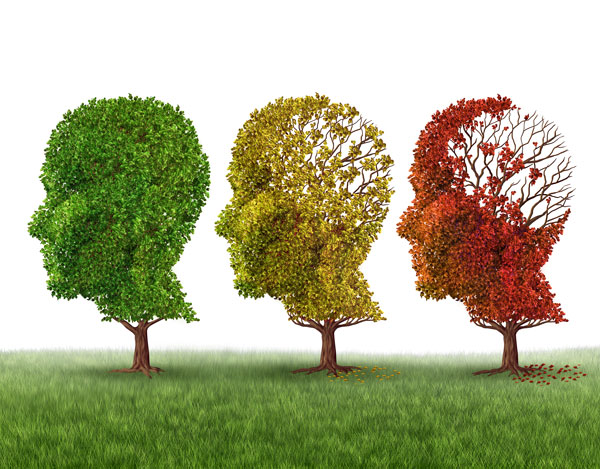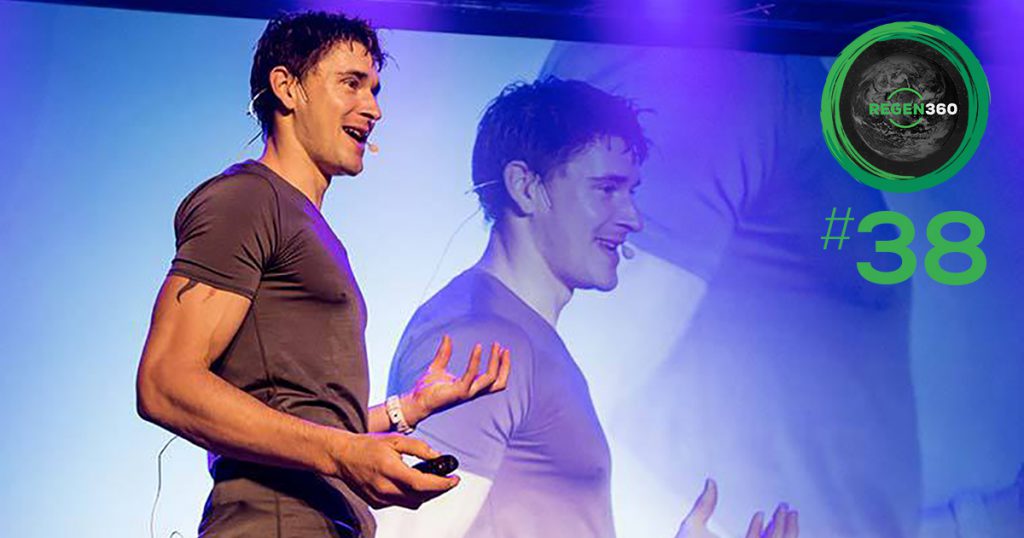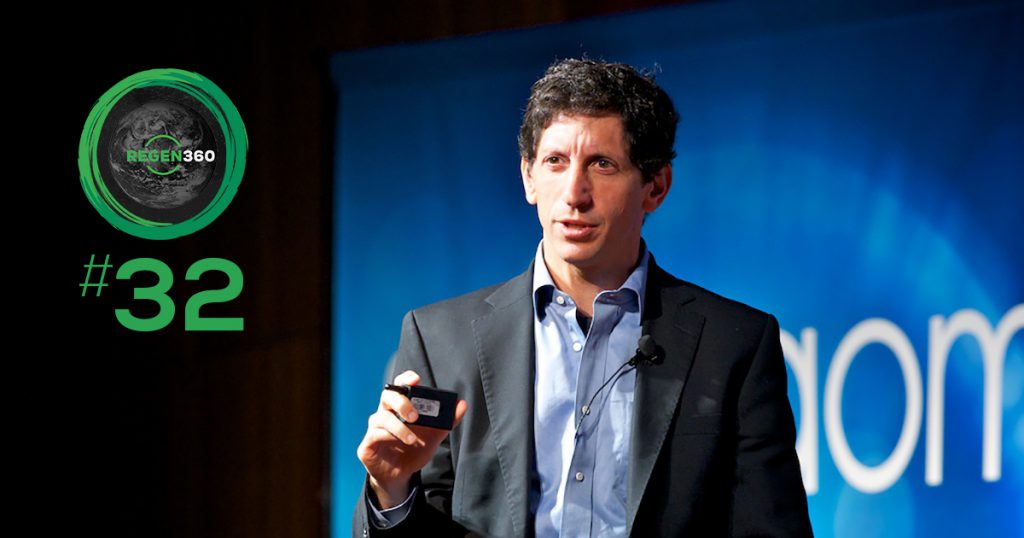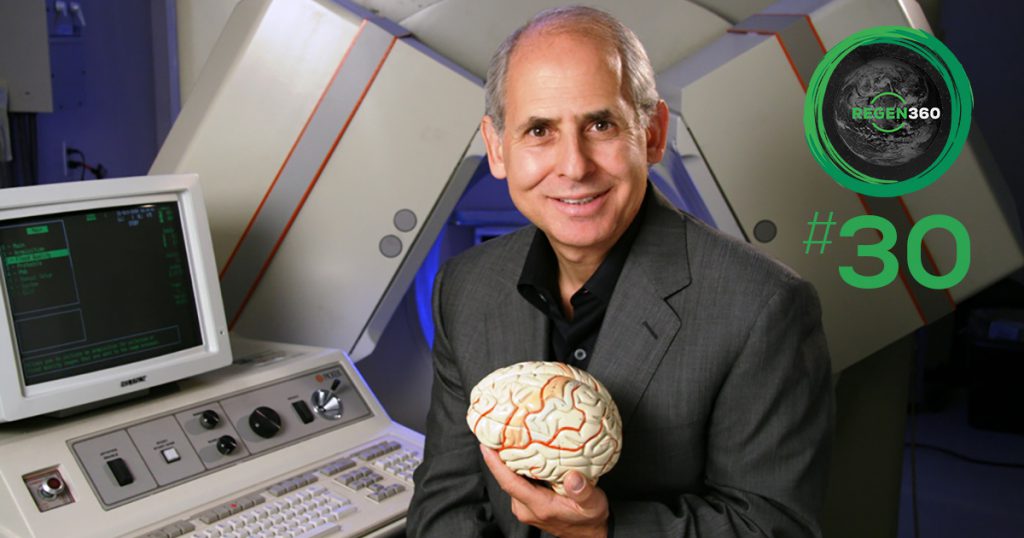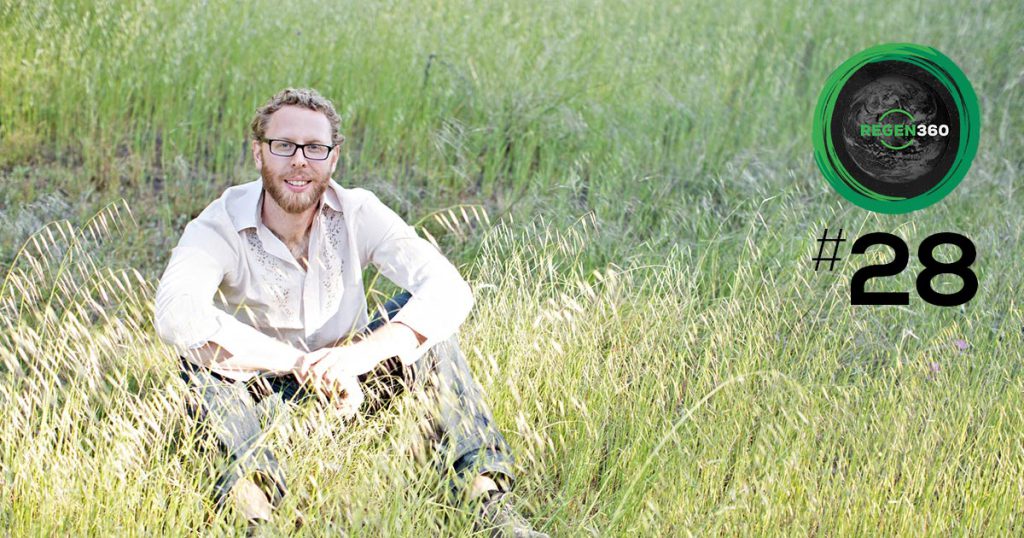Posts Tagged ‘health’
Alzheimer’s – finally, a hopeful cure!
This is the first of forthcoming blogs that feature content from my most popular Regen360 iTunes podcast show interviews. As you may know, I select leading global visionaries in health and sustainability who are pushing the envelope and building movements. My goal is to spark all of us into accelerated action that inspires regeneration on…
Read MoreWhat’s the benefit of your labor?
On Monday we celebrated Labor Day. Since its first celebration in 1882 in New York City, the holiday has been dedicated to worker’s social and economic achievements that have helped advance the strength, prosperity, and well-being of our country. This is my first of many blogs to come, and I’d like to reflect a bit…
Read MoreEpisode 38 Ben Greenfield
Have you ever thought about the impact of artificial light on your circadian rhythm, checked your ability to achieve high-performance activity through heart rate variability [HRV], or checked your poop or DNA to figure out how to eat? Under the guidance [sometimes I call it other things] of my wife, Dr. Sara, I’ve not only…
Read MoreEpisode 33 Izabella Wentz
Are you often cold or have body temperature swings? Do you experience fatigue? Is brain fog or forgetfulness part of your day? Is your gut stable? Allergies? Many of us struggle with physical challenges and consider it just part of daily life. And for some, the symptoms become chronic, making it hard to live fully.…
Read MoreEpisode 32 Rob Bernard
Have you ever thought about how we could leverage the internet and IT capabilities to boost health? If you think of new opportunities like sensor technology, DNA sequencing, and the nearly unlimited data crunching capabilities of computers, our future has the potential to be much healthier. The question is how to harness IT best and…
Read MoreEpisode 30 Dr. Daniel Amen
There are many facets of personal health, from diet and exercise, to blood sugar and heart strength. But one could argue that our brain health is paramount. Without a sound mind, we aren’t living whole. And this is one of our greatest fears! Yet, few of us know how to measure and improve our brain…
Read MoreEpisode 28 Kevin Gianni
As I age, I not only want to improve and sustain my health, increasingly I want to connect with those that inspire me and speak the truth, grounded in wisdom. The essence of life is health. For me, it’s health of the planet, our home, and living and nonliving species, including us. What’s up for…
Read MoreEpisode 27 Terry Wahls, MD
I often find that what can change someone most dramatically and alter their entire life is a personal health problem. Perhaps you’ve experienced this personally with yourself or a loved one. Well, that happened to Dr. Terry Wahls in 2000 when she was diagnosed with multiple sclerosis. Before then, she practiced traditional medicine, mostly treating…
Read More
